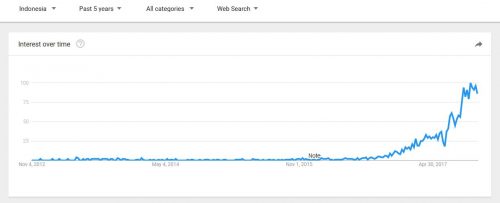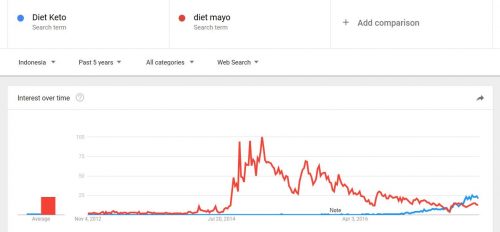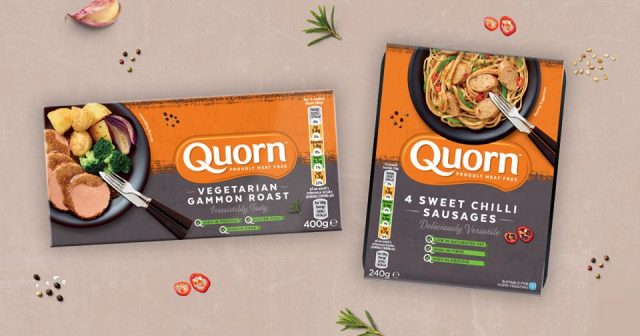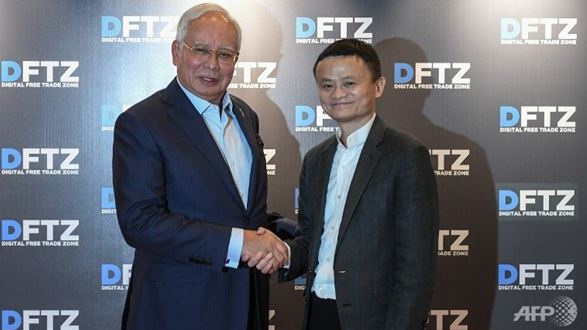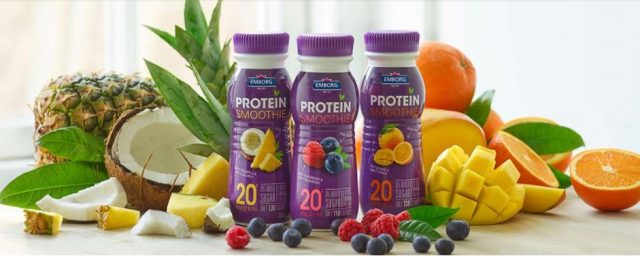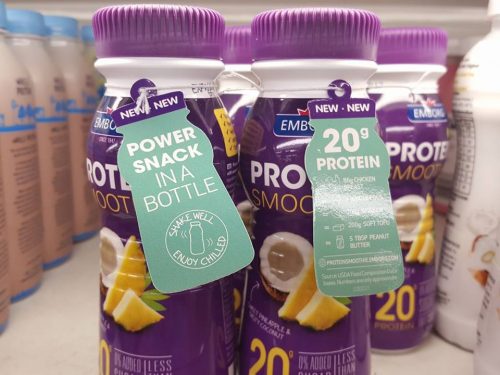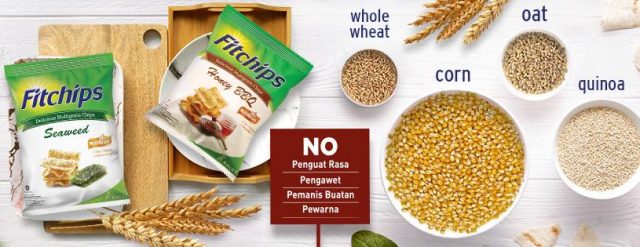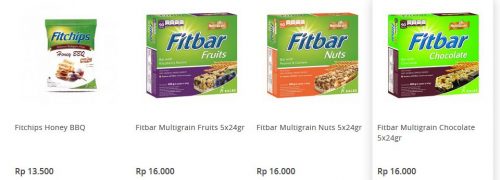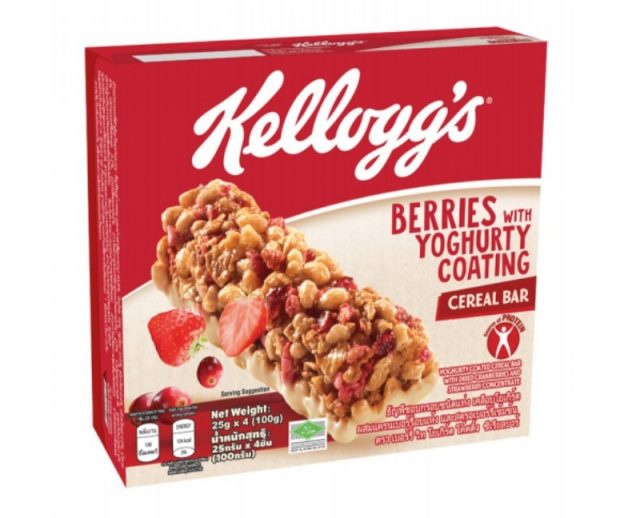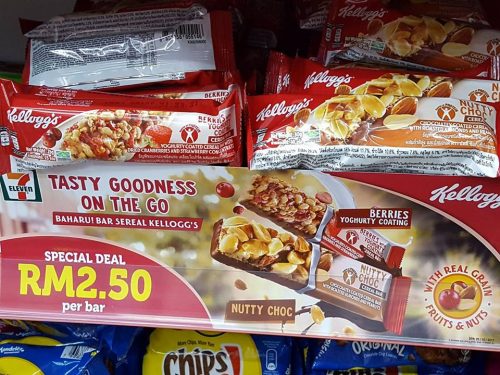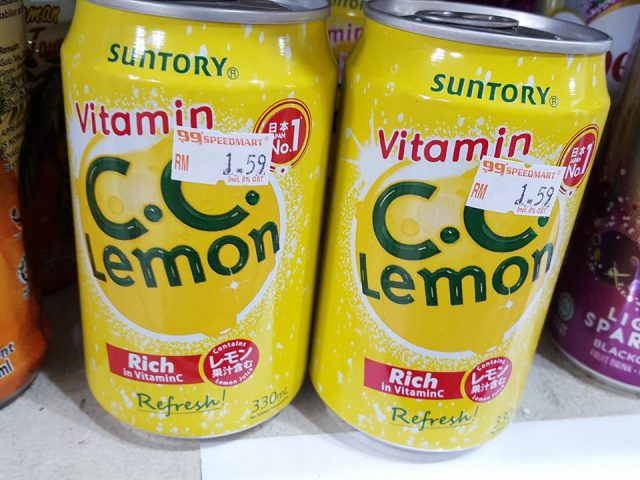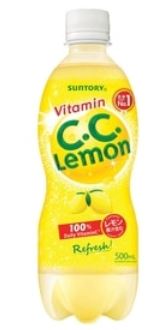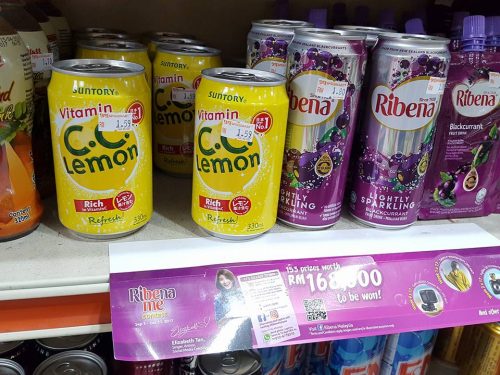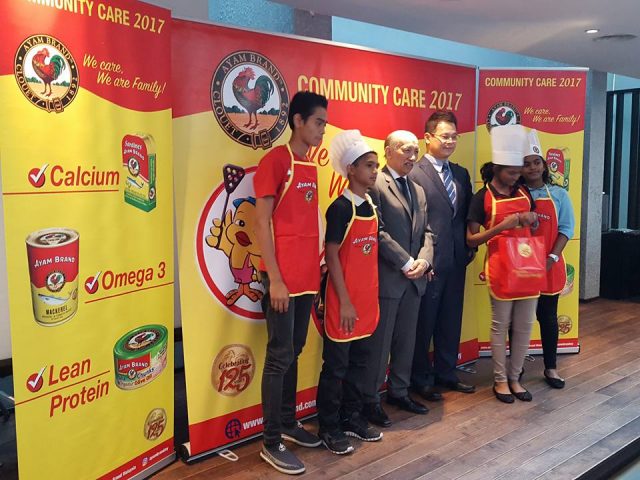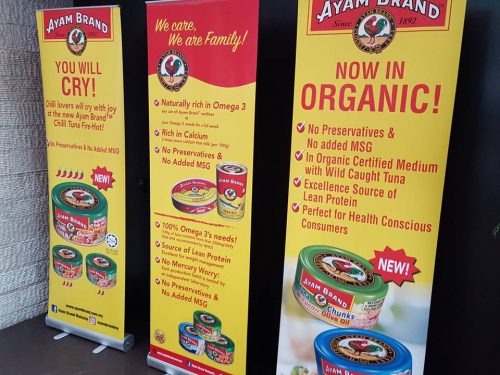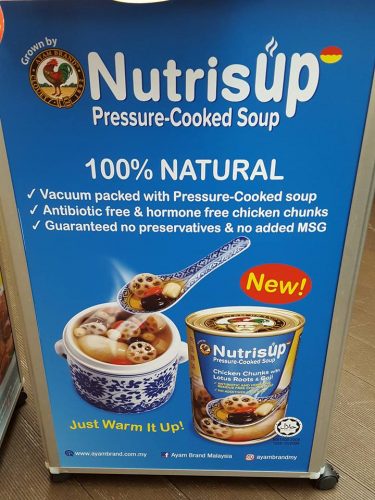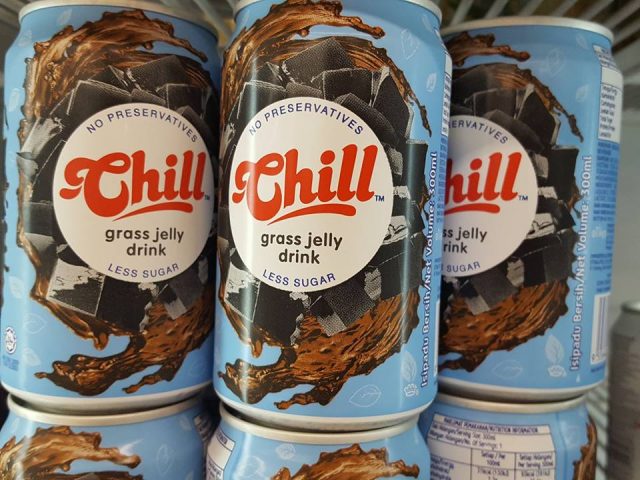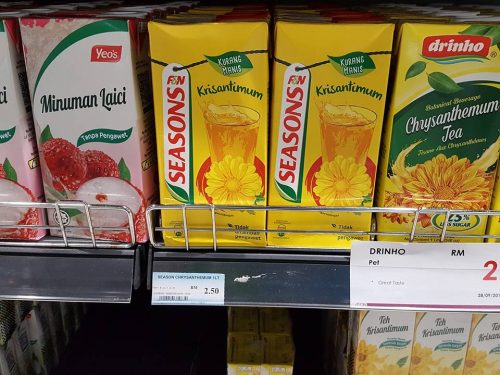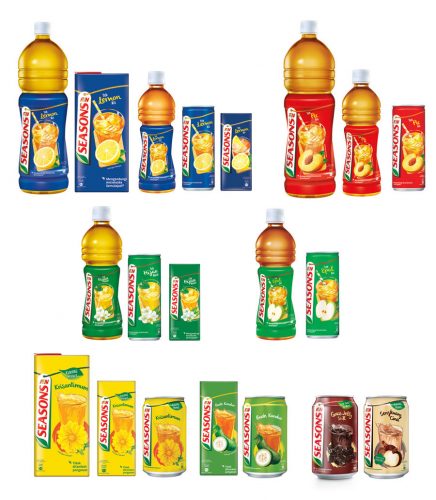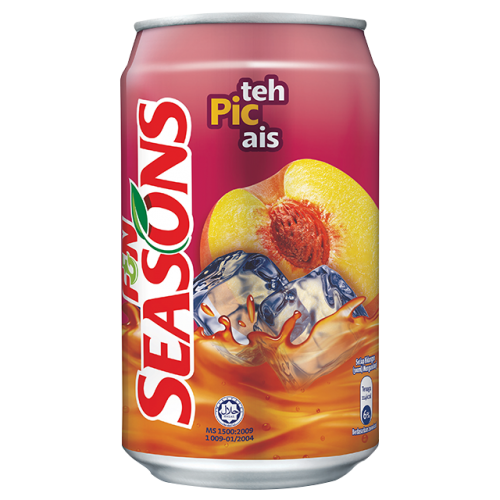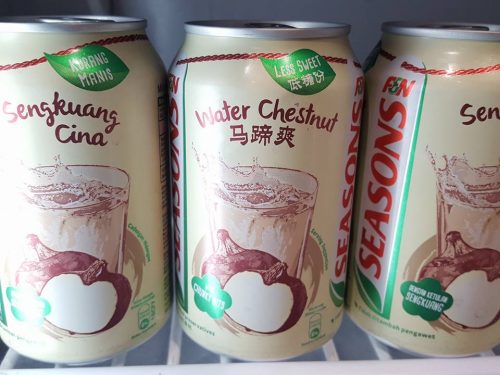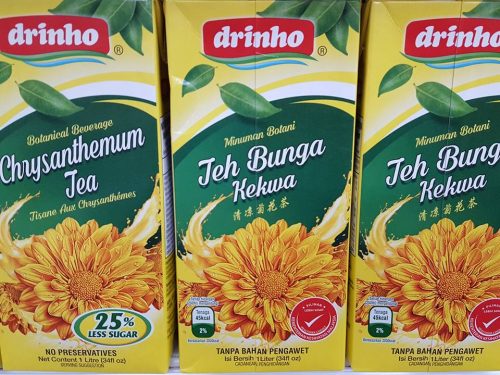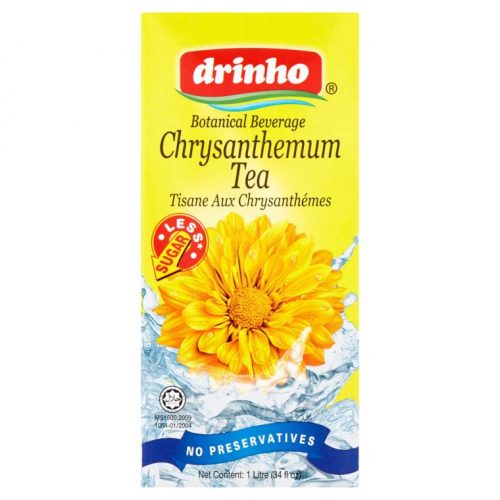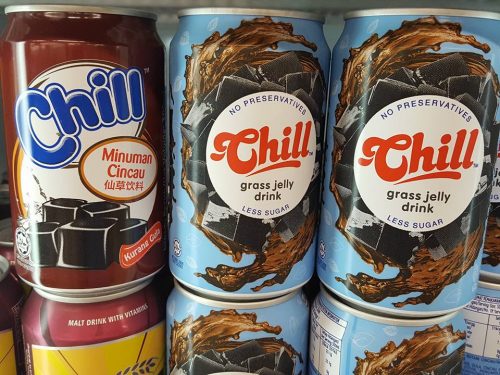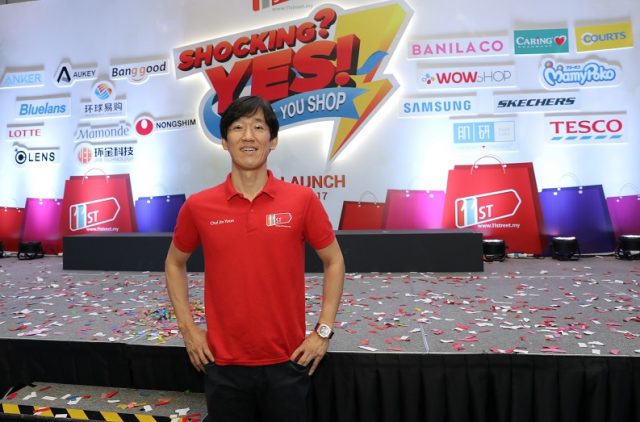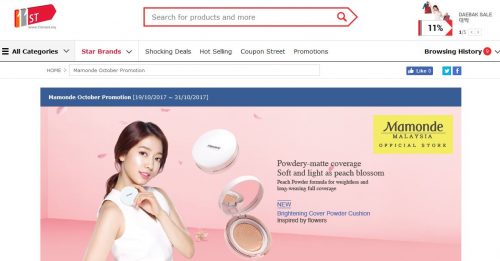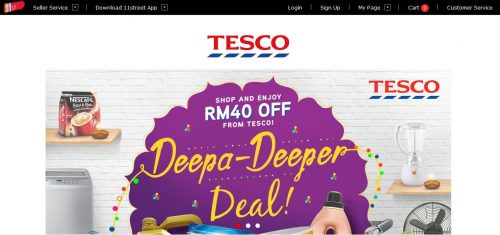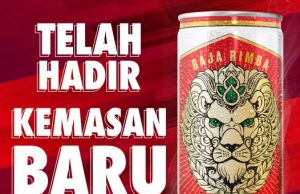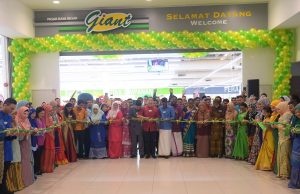Provides 381,960 Healthy Meals For 59 Charity Homes Across Malaysia and Brunei
Kuala Lumpur, October 24, 2017 – Ayam Brand™ is setting major milestones as it celebrates its 125th anniversary, the tenth consecutive year of the Ayam Brand™ Community Care campaign and being named as the leading brand in the region for sustainable palm oil usage by the World Wide Fund for Nature.
This household favorite famed for its wide range of healthy and convenient, preservative-free canned products, is defining what it means to be sustainable in its longevity, innovation, eco-consciousness and as a committed and caring contributor, and enabler of community initiative such as its 10-year strong CSR program.
The theme for its 125th anniversary celebration and for the Ayam Brand™ Community Care Campaign is We Care, We Are Family.
Over ten years the Ayam Brand™ Charity Campaign has benefitted close to 18,000 people from 421 charity organizations – providing them with 3,234,600 healthy meals as part of the brand’s effort to provide long-term, sustainable and tangible care to those in need through the contribution of healthy food and enrichment activities aimed at developing life-skills.
This year’s charity campaign reached 59 charity homes in 10 locations in Malaysia, and also in Brunei, providing 381,960 healthy meals for those in need with recipients from participating homes receiving Ayam Brand™ products sufficient for three daily meals over two months.
The campaign included the popular Ayam Brand™ Junior Chef competition which aims to teach children the important life-skill of cooking, and to inculcate the habit of making healthier food choices.
In Kuala Lumpur and Selangor, the recipients include Rumah Kasih, Rumah Solehah, Pertubuhan Rumah Kebajikan Kanak-kanak Home of Peace KL, San Pedro Orphanage Home, Rumah Kebajikan Anak Yatim & Miskin Al-Munirah, Persatuan Rumah KIDS, and Trinity Children Centre.
Ayam Brand™ emphasizes the contribution of its sardines, mackerel and tuna products as many charity homes lack regular access to a good source of Omega-3, which is an essential fatty acid that our body cannot produce. Omega-3 may help to prevent coronary heart disease, promote healthy nerve activity, improve vitamin absorption, maintain a healthy immune system and promote cell development. Omega 3 is also important in the development of vision and brain among children.
The Ayam Brand Community Care Campaign is in-line with the Ministry of Health Malaysia’s efforts to fight obesity by educating and encouraging children to make informed food choices.
According to Ayam Brand Chairman, Yang Mulia Tunku Dato’ Mu’tamir Bin Tunku Tan Sri Mohamed, the brand is delighted to see how far, and how far-reaching this community care campaign has become since it began.
“We are delighted that our annual charity campaign has provided more than one million meals to people at 421 organizations in Malaysia and Brunei since its inception, providing them with healthy, nutritious food that is quick and easy to prepare,” Tunku Dato’ Mu’tamir said.
“Each year, we plan activities for the children, most often related to cooking and good nutrition, so that they can learn this important life-skill, increase self-confidence and become more independent,” said Tunku Dato’ Mu’tamir.
All Ayam Brand™ products are free from added MSG and preservatives, ready to eat straight from the can, and are certified Halal, suitable for consumption by Muslims.
Mr Moses Lim, 22, formerly from Rapha Children’s Home in Kuantan, Pahang remembers the Ayam Brand Community Care Campaign and Junior Chef competition with fondness as he participated in it as a teenager. It motivated him to pursue his interest in cooking. Moses who recently completed a Diploma in Civil Engineering at Politeknik Sultan Haji Ahmad Shah, is working as a cook at a popular restaurant chain in Singapore to save up to pursue a degree in Civil Engineering.
“From the time I started practicing for the Ayam Brand™ Junior Chef competition, my interest in cooking was stoked. We won the Pahang competition that year, and I just continued cooking, picking up more skills from my seniors and experimenting with different cuisines. Thanks to that early inspiration, I have a skill that is marketable and can help me achieve my dreams,” Moses said via a video message.
Ms Justine Morais, Founder of Home of Peace Charity, spoke on behalf of all the recipient homes in Klang Valley said that the contribution from Ayam Brand™ was valuable as it extended the variety of the residents’ regular diet, and was fast and convenient to prepare.
“The children enjoy Ayam Brand™ products as they view it as a treat. We appreciate it as it is healthy and convenient to prepare. The Junior Chef competition is a highlight as it has a simple goal – make outstanding food that is tasty and healthy. Our thanks to Ayam Brand for their long-term, sustained contribution to so many Malaysian children over the past 10 years,” said Ms Justine.
Joining the children at the event were popular television host and actress Ms Nina Nadira, and established blogger and entrepreneur, Ms Sue Lynn who shared their Ayam Brand™ experience.
“Ayam Brand products especially the sardines in tomato sauce has been part of my family for as long as I can remember. I can recall having them at my grandparents’ home. Sardine sandwiches were a staple at every picnic and birthday party when I was growing up. We had sardine masak kicap, and sardine curry, too. I associate so many great memories with Ayam Brand, that now when I open a can it is not just the taste that makes me happy, but the wonderful memories that come flooding back. I did not realize that Ayam Brand is 125 years old, but yes, it has that classic taste we always come back for,” said Ms Nina during her sharing session.
Ms Sue Lynn shared on turning to Ayam Brand products to complement her busy lifestyle and her desire to eat healthier, organic food. “My daily schedule is packed but I make it a point to use more organic products in my meals because taste, health and quality are important to me. Dinner might be a salad, to which I add a protein such as Ayam Brand’s latest tuna range in organic olive oil and organic vegetable broth. It is simple – just pull the tab, add to salad, and dinner is done. For days when I want a nourishing pick-me-up, I’ve discovered NutriSUP by Ayam Brand. It is as good as mum’s recipe! Ayam Brand’s preservatives free and no added MSG products are perfect for me.”
Recently, Ayam Brand has been recognised as a leader by the World Wide Fund for Nature(WWF) in its Palm Oil Buyers’ Scorecard – Malaysia and Singapore 2017 for usage of certified sustainable palm oil. The brand switched to sustainable palm oil in 2010, and became one of the few local companies to make this commitment.
The company has numerous on-going sustainability initiatives to become environmentally greener and cleaner towards providing healthier and more responsibly sourced canned food choices to its consumers including pledging to have all buildings and factories Green Mark certified before 2030; and reducing of energy consumption by 25 to 33 percent with the installation of 1.4 Megawatt solar panels on the roofs of six of its Malaysian facilities. State-of-the-art sensors and software will allow the monitoring and control of energy consumption in real-time at these office and production facilities.
“Ayam Brand™ is all about sustainability. We’re in it for the long-haul, be it in innovation and longevity, community care, going green and customer satisfaction,” said Tunku Dato’ Mutamir in closing.
For more information on Ayam Brand™, please visit www.ayambrand.com.my or https://www.facebook.com/AyamBrand.Recipes .
